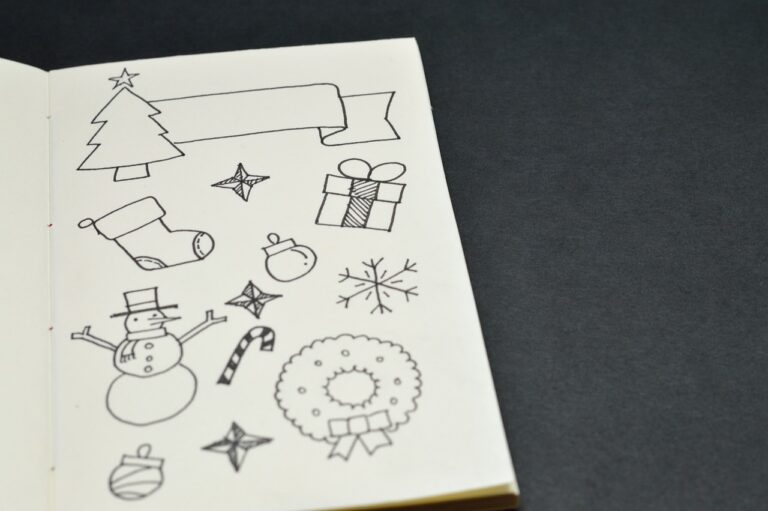Strategies for Improving Teacher-Student Communication
Teachers play a vital role in shaping the minds of their students through effective communication. One crucial skill is active listening, where educators show genuine interest in what their students say. By giving full attention and validating their thoughts, teachers demonstrate respect and understanding, fostering a positive learning environment.
Moreover, clear and concise language is essential for effective communication in the classroom. Teachers should strive to convey instructions, explanations, and feedback in a straightforward manner that is easy for students to comprehend. Avoiding jargon and using simple language helps ensure that students grasp key concepts and directions without confusion.
Establishing Trust and Rapport with Students
Building trust and rapport with students is a crucial aspect of being an effective educator. Creating a supportive and positive learning environment starts with establishing genuine connections with each student. By showing empathy and actively listening to their thoughts and feelings, teachers can foster a sense of trust and understanding with their students.
Furthermore, being consistent and fair in interactions with students helps in building trust. By setting clear expectations and boundaries, teachers demonstrate their commitment to creating a safe and respectful space for learning. Acknowledging students’ individual strengths and achievements also plays a vital role in establishing positive relationships that promote a sense of belonging and camaraderie within the classroom.
Why is it important for teachers to establish trust and rapport with students?
Building trust and rapport with students can create a positive learning environment, enhance student engagement, and improve overall academic performance.
What are some effective communication skills that teachers can use to establish trust with students?
Active listening, empathy, clear and concise language, and nonverbal communication are all important communication skills that can help teachers build trust with their students.
How can teachers show empathy towards their students?
Teachers can show empathy by actively listening to students, acknowledging their feelings, and providing support and understanding in times of need.
What are some strategies that teachers can use to build rapport with students?
Building rapport with students can be achieved through getting to know students on a personal level, showing interest in their lives, and being approachable and supportive.
How can teachers maintain trust and rapport with students over time?
Teachers can maintain trust and rapport with students by consistently demonstrating care and support, being reliable and consistent in their interactions, and communicating openly and honestly with students.





